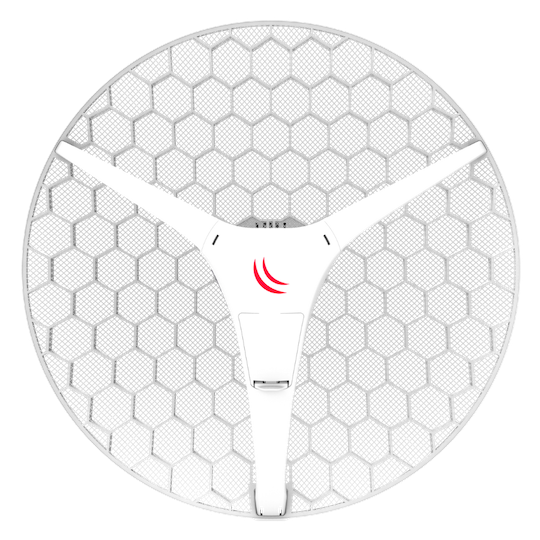
MikroTik: MikroTik Routing Engineer with LABS
***This course is not officially sponsored by MikroTik and not an authorized course by MikroTik. We respect the Trademarks of the mentioned company and institution.***
Description
The MikroTik Certified Routing Engineer is a 2nd level certificate from MikroTik, and it is considered an Engineering level course. This course covers all aspects of intermediate-level Routing. Holding the MikroTik Certified Routing Engineer certification is a prerequisite for pursuing the higher-level Routing certificate.
To facilitate your understanding of Routing in MikroTik, I have structured this course with a blend of theoretical knowledge and extensive LAB work. If you wish to follow along with the course effectively, I recommend having access to 1 PC and at least 5 MikroTik Routers with UTP Cables. Alternatively, you can utilize MikroTik CHR within GNS3 for lab emulation. With GNS3, physical RouterBoards are not necessary as all LABS can be simulated.
The course will cover the following topics:
- More specific routes
- ECMP
- How to force gateway over specific interface
- Gateway reachability check and route distance
- Routing mark and route policy
- Recursive next-hop and scope/target-scope usage
- What is OSPF?
- How OSPF protocol works
- Hello protocol
- Database distribution and LSA types explained
- OSPF network structure
- Areas
- Router types
- OSPF neighbors and neighbor states (DR and BDR election)
- External Route Distribution methods (type1, type2)
- Interface cost and interface types (broadcast, NBMA, etc.)
- SPT calculation algorithm
- OSPF and multicast (problems with NBMA)
- Stub, NSSA and area ranges (route aggregation)
- Virtual links, usage and limitations
- SPF routing filters and limitations
- What is VPN?
- Different types of VPN
- Site to site connectivity with tunnels
- IPIP, EoIP, PPTP, SSTP, L2TP, PPPoE
- VLAN and it's usage
- VLAN and managed switch
- VLAN and switch chip configuration on RouterBOARDs
- Q-in-Q implementation
This course encompasses a wide range of topics, each with its own set of sub-topics. Extensive LAB work is integrated into each topic area, providing practical experience in configuring various aspects on MikroTik.
Ultimately, if your goal is to gain a comprehensive understanding of all MikroTik Certified Routing Engineer topics, we encourage you to take this course.
Who this course is for
- Students who want to learn MikroTik Certified Routing Engineer topics
- Engineers who want to have more knowledge on Routing in MikroTik
What you'll learn
- Understand Static and default Routes
- Understand the more specific routes on static routes
- Understand and configure ECMP
- Understand route distance
- Understand the difference between FIB and RIB tables
- Understand and configure Routing mark and route policy
- Understand and configure Recursive routes with scope/target-scope usage
- Understand what VPN is and the different types of VPN
- Understand and configure the follow tunnels: IPIP, EoIP, PPTP, SSTP, L2TP, PPPoE
- Understand what is VLAN and how to use it
- Configuring VLAN
- Understand and configure Q-in-Q
- Understand what is Link-state Routing Protocol
- Understand what is OSPF Routing Protocol
- Understand how OSPF use SPF algorithm for calculating the best route
- Understand how OSPF works
- Understand OSPF hello packets and LSA's types
- Understand the OSPF network structure such as Areas and Router Types
- Understand the need of DR/BDR election and configure them in OSPF
- Understand and configure External router distribution (Type1, Type2)
- Understand and configure load balancing on OSPF
- Understand and configure Router aggregation on OSPF
- Understand and configure stub areas (Stub, Totally Stub, NSSA, Totally NSSA)
- Understand and configure Virtual links in OSPF
Requirements
- Having MikroTik Certified Network Associate knowledge












